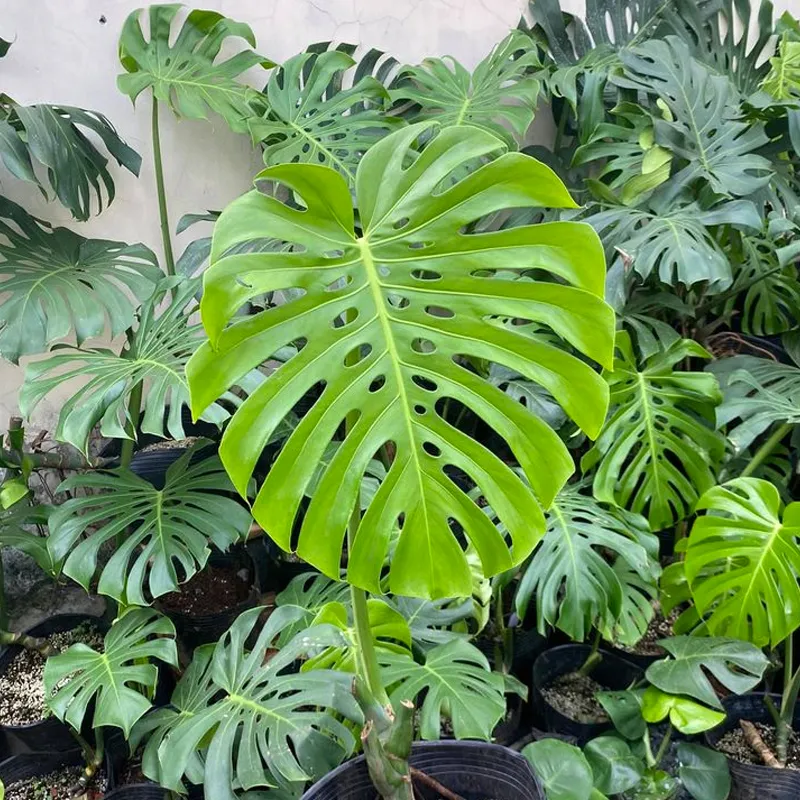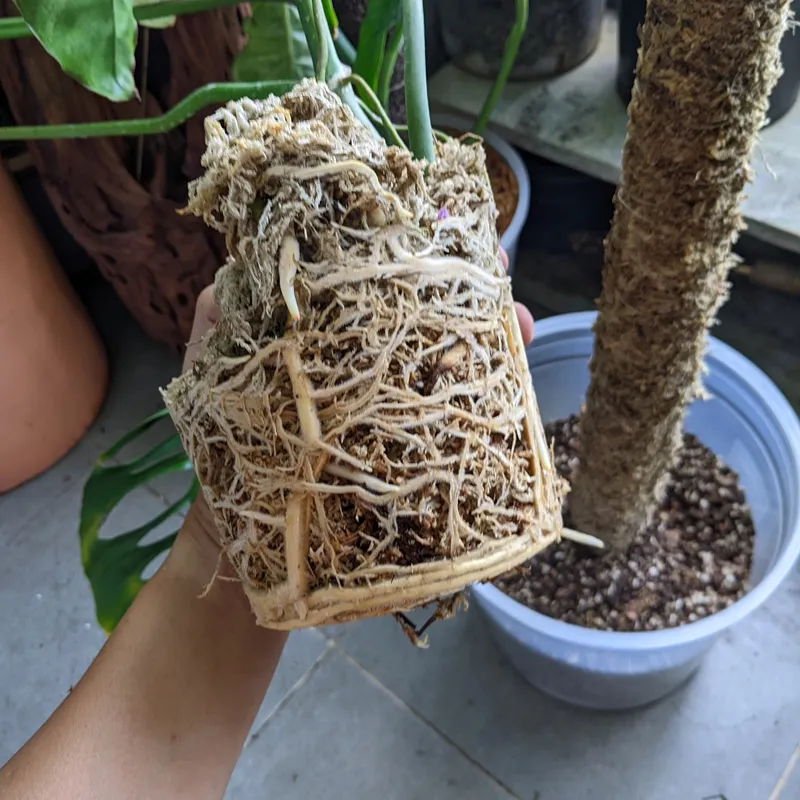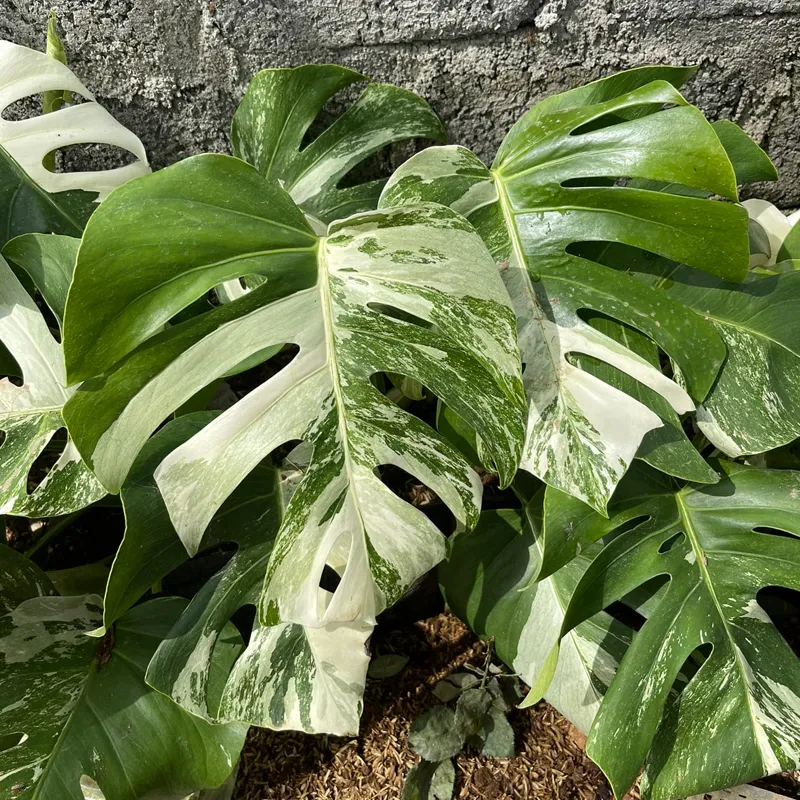Monstera: Stunning Foliage, But Are They Safe for Curious Pets?
Hi, Ferb Vu here. I’m a veterinarian with a passion for both plants and furry companions. Today, we’re diving into a question that plagues many pet owners with a penchant for houseplants: Are monstera toxic to cats and dogs?
The short answer: yes, Monstera Deliciosa, also known as the Swiss cheese plant, contains calcium oxalate crystals that can irritate your pet’s mouth, throat, and stomach.
Now, before you banish your beloved monstera to the balcony, let’s unpack this further.
67 Species in Genus Monstera
How Toxic Are Monstera Really?
The good news is, monstera toxicity is generally mild. The calcium oxalate crystals cause a burning sensation and swelling in the mouth, leading to excessive drooling, vomiting, and pawing at the face. In severe cases, difficulty swallowing may occur.
Unlike lilies, which can cause life-threatening kidney failure in cats, monstera rarely results in serious complications. However, it’s still crucial to keep your pets away from these leafy climbers to avoid discomfort.
Signs Your Pet Munched on a Monstera
Here’s a quick rundown of symptoms to watch out for:
- Excessive drooling
- Pawing at the face
- Vomiting
- Difficulty swallowing
If you notice these signs after suspecting your pet ingested monstera, immediate action is essential.
What to Do if Your Pet Eats Monstera
Don’t panic! Here’s how to handle the situation:
- Remove any remaining plant material from your pet’s mouth.
- Rinse their mouth with cool water.
- Contact your veterinarian. Briefly explain what happened and describe the symptoms.
Important note: Never induce vomiting unless explicitly instructed by your veterinarian. Certain medications used to induce vomiting can worsen the irritation caused by monstera.
Monstera vs Other Popular Houseplants: A Toxicity Rundown
Curious about how monstera toxicity stacks up against other common houseplants? Here’s a quick comparison:
- Philodendron: Closely related to monstera, philodendrons share the same calcium oxalate crystals and cause similar symptoms.
- Peace Lily: While stunning, peace lilies are highly toxic to both cats and dogs. Ingestion can cause severe oral irritation, vomiting, diarrhea, and difficulty breathing.
- Snake Plant: Relatively non-toxic compared to monstera and peace lilies. However, ingesting large quantities can cause mild stomach upset.
- Spider Plant: Generally safe for pets, although some cats may experience mild stomach upset if they ingest large amounts.
Remember: This is not an exhaustive list. Always research the specific plant before bringing it into your pet-friendly home.
Keeping Your Monstera and Pets Safe: Preventive Measures
Here are some tips to create a harmonious coexistence between your monstera and furry companions:
- Place monstera out of reach. Utilize hanging planters, high shelves, or designated plant rooms to keep them away from curious paws and nibbling mouths.
- Provide enrichment for your pets. Offer scratching posts, chew toys, and engaging activities to redirect their attention away from the plant.
- Consider pet-safe alternatives. Spider plants, ponytail palms, and bromeliads are excellent choices for pet owners.
Monstera Toxicity in Different Animals: Beyond Cats and Dogs
While cats and dogs are the most common pets to be curious about monstera, it’s important to remember that the toxicity extends to other animals as well. Small pets like rabbits, guinea pigs, and hamsters can also experience irritation and digestive upset if they ingest monstera leaves.
If you have a multi-pet household with a variety of creatures, be extra vigilant about keeping monstera out of reach.
Monstera Fruit: A Ripe Reward (with Caution)
Unlike the unripe or green fruit, which is toxic, a fully ripe monstera fruit is considered safe for human consumption. However, it’s rare for indoor monstera plants to produce fruit, and the taste isn’t exactly delightful.
It’s best to avoid letting your pets (or children) attempt to eat any monstera fruit, ripe or unripe, to be on the safe side.
The Importance of Consulting a Veterinarian
While this FAQ provides general information about monstera toxicity, it’s not a substitute for professional veterinary advice.
If you suspect your pet ingested monstera, contact your veterinarian immediately. They can assess the situation, recommend the appropriate course of treatment, and ensure your pet’s safety.
Final Thoughts: Monstera and Happy Cohabitation
Monstera can add a touch of the tropics to your home, but pet safety is paramount. By understanding the mild toxicity of monstera and taking preventive measures, you can ensure both your leafy friend and your furry companions thrive.
If you have further questions or suspect your pet ingested monstera, don’t hesitate to reach out to your veterinarian for personalized guidance.
If i die, water my plants!



